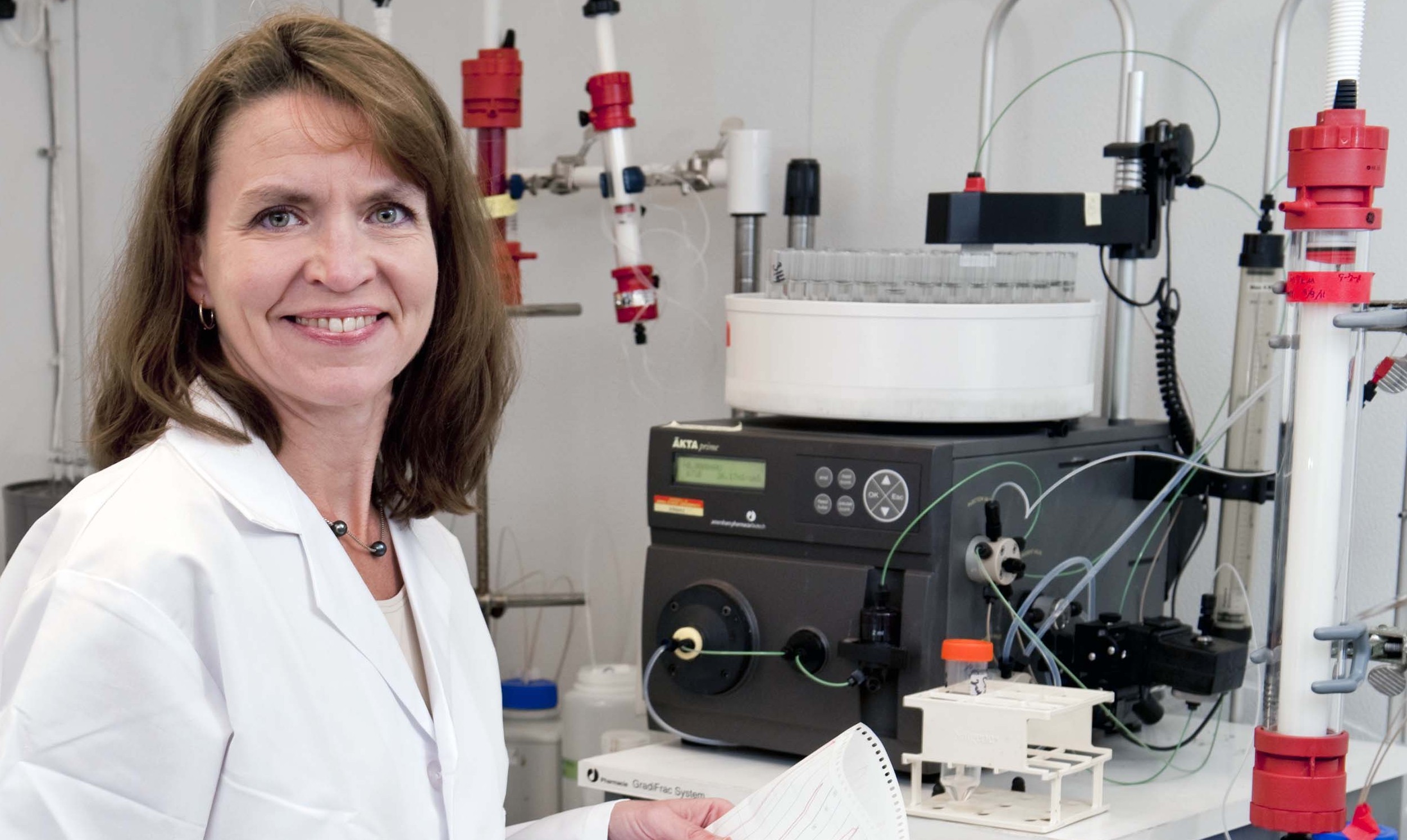
Examining Enzymes For Prime Cuts
Someday you may be able to tell if a piece of meat is going to be tender just by a quick litmus test, thanks to Elisabeth Huff-Lonergan and the meat science team at Iowa State.
Tenderness depends on many factors, including the animal’s genetics, how it was raised and processed and the cooking method.
She and colleagues are looking at enzymes present in the live animals that are responsible for regulating protein turnover, muscle growth and efficiency of muscle growth. Those same enzymes are responsible for tenderization and the breakdown of muscle fiber after the animal is harvested.
What happens to the animal during harvesting can influence cell-signaling pathways that affect some of these enzymes. “The ultimate goal is to discover some interventions we can make, maybe at the time of harvest, that can influence some of these pathways and give us the quality we want,” she says.
For example, a graduate student she works with is trying to identify chemicals in the purge, or juice that seeps from raw meat, for tenderness indicators.
“That’s a really cool place to look if you want to identify something quick, like a dipstick test,” she says.
“You could get a preview of its tenderness and process it accordingly—if tender, steaks; if not, hamburger.”
Huff-Lonergan earned master’s and doctorate degrees at Iowa State. She married her graduate student office mate, Steven Lonergan, and worked with him when they were both assistant professors in meat science in the Animal and Dairy Science Department at Auburn University before returning to Iowa State in 1998.
“We work pretty closely on a lot of projects. Most of my work focuses on the enzyme calpain. A lot of his work is focused on calpastatin, the inhibitor to that enzyme. So that’s a nice combination,” she says.
Having both on the faculty is a boost for the department’s meat science team, which has a tradition of being one of the best in the country, says department chair Maynard Hogberg.
“In addition to being an outstanding scientist, Elisabeth is emerging as a leader in the department and in her profession,” he says.
Huff-Lonergan helped coordinate a much-needed peer review of teaching that was implemented in the department last fall, Hogberg says. And she serves as the department’s representative to the ISU ADVANCE program, which seeks to increase the participation of women in academic science and engineering careers.
On the research front, she and Steven Lonergan are part of an international swine efficiency project led by Iowa State animal scientist John Patience (see story on page 28). Their labs are working to identify if selection for increased feed efficiency affects pork quality and if so, how. They also are investigating how increased feed efficiency influences muscle growth in pigs.
Click here for Huff-Lonergan’s recipe for Sweet and Tangy Coleslaw and Rack o f Lamb



